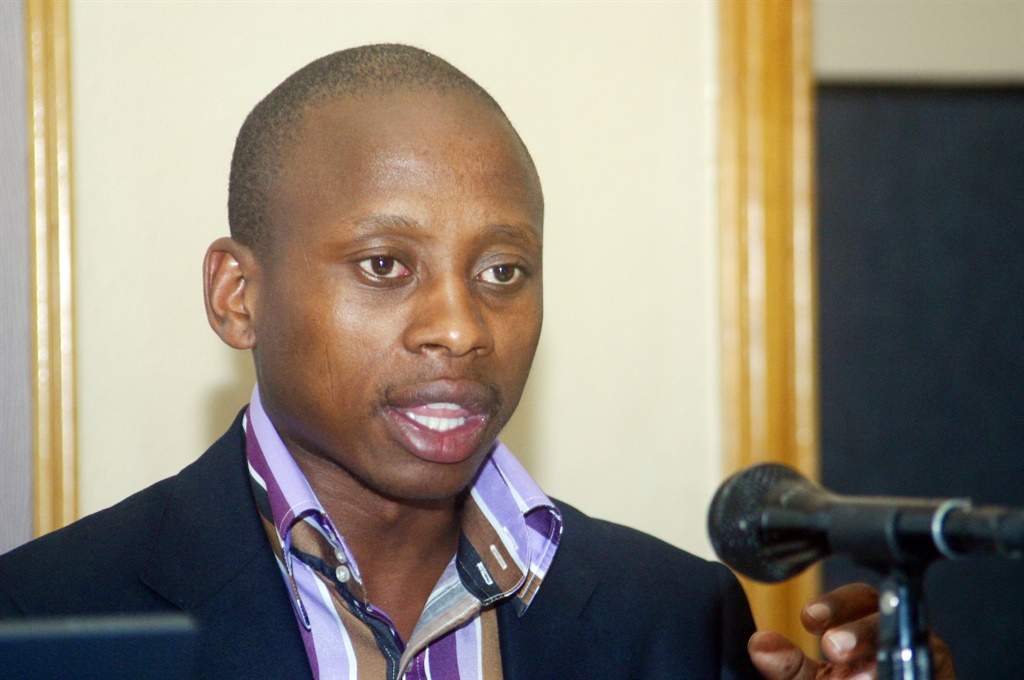
Society is a fragile ecosystem. An ethno-racially diverse, peaceful, and stable polity is against most historical precedent. We should thus not be complacent and unwittingly undervalue the public institutions and policy instruments necessary to keep a nation coherent.
Today there is a pervading sense that our society is in a state of inertia, economically, politically and culturally. By the time of the general elections in 2019, a quarter of a century shall have passed since the democratic breakthrough of 1994. By then, unless there has emerged out of the policy discourse within the ruling party, of an appreciation that this state of inertia has engendered, an ominous impasse, that threatens the post-apartheid political configuration in which the African National Congress has played a dominant role, the sickliness will deepen.
As the Italian Marxist Antonio Gramsci expressed it: “The crisis consists precisely in the fact that the old is dying and the new cannot be born, in this interregnum a great variety of morbid symptoms appear.”
The African National Congress must revisit all the debates of the exile period, particularly the ones leading up to the Morogoro conference and subject its performance in government and the ideological trajectory it has trodden since its ascendance to power to an honest audit, and prepare to embark on a new course capable of reconnecting it to the increasingly disillusioned masses. Failure to re-examine our assumptions will hinder the breaking out of the current paralysis brought about by intransigent white oligarchy capital, our internecine factional strife, and lackadaisical attitude towards the public purse.
But introspection will not be enough if it is limited to the internal debates. What is required is a rigorous comparison of the impact of Afrikaner vs African nationalism in practice. Ignoring for the purposes of this brief intervention the historical legitimacy of their comparative national aspirations, the fact is that both Afrikaner and African nationalism set themselves the task of fulfilling the national aspirations of the different social strata bent under the yoke of British imperialism. This brought both up into confrontation with the economic and political power of British imperialism and its local representatives.
However, whereas, Afrikaner nationalism placed the upliftment of the living standards of the white working and middle classes at the centre of its social and political strategy, using it as leverage in its strategy to make inroads into the monopoly of English capital over the South African economy, African nationalism made fundamental concessions, predicated on the illusionary good will of those who had unjustly and mercilessly lorded over us, to the dictates of the forces and institutions of domestic and global capital. Thus whereas Afrikaner nationalism succeeded in eradicating the “poor white problem” and making significant inroads into the economy, African nationalism has failed in both aspects. The success of Afrikaner nationalism produced over decades a political convergence between the Afrikaner elite and the Afrikaner working and middle classes, and a consequent fierce loyalty of the latter to the former.
The failures of timid African nationalism are producing a bifurcation between the proxy African elite and the African working and middle classes with no comparative inroads into control of the commanding heights of the economy in the manner envisaged by Nelson Mandela in his article “In our lifetime” published in Liberation, June 1956.
The concessions made by the ANC, as the repository of the popular forces of the National Democratic Revolution, during the Codesa negotiations were imposed on our movement by the logic of difficult historical events at the end of the 20th century – the hegemony of neo-liberalism and the apparently unstoppable march of forces of globalisation reinforced by the collapse of the Soviet Union and the concomitant Western ideological triumphalism. However, the momentum of the forces of globalisation, have begun to wane, and therefore the authority of the institutions promoting and enforcing them will weaken. The significance of the US president, Donald Trump, to terminate the Trans Pacific Trade Agreement lies beyond the impact on the economies of all the affected parties.
From these tumultuous shifts in the global economy and attendant upheaval in geo-politics follows the possibility of considering economic policy options heretofore considered an anathema, even heretical.
The Marshall Plan level investment coupled with the construction of a rudimentary social-democratic state that the ANC government erected in the past two decades, notwithstanding, the structure of the economy has remained stubbornly untransformed. The ANC government must aggressively confront and tame the racialised white cartels that dominate our economy and stunt the transformation of our society. Failure to undertake this task will lead to a fatal blow in the coherence of our society.
» Andile Lungisa is an ANC political executive committee member, Eastern Cape, and a former National Youth Development Agency head




 Publications
Publications
 Partners
Partners








